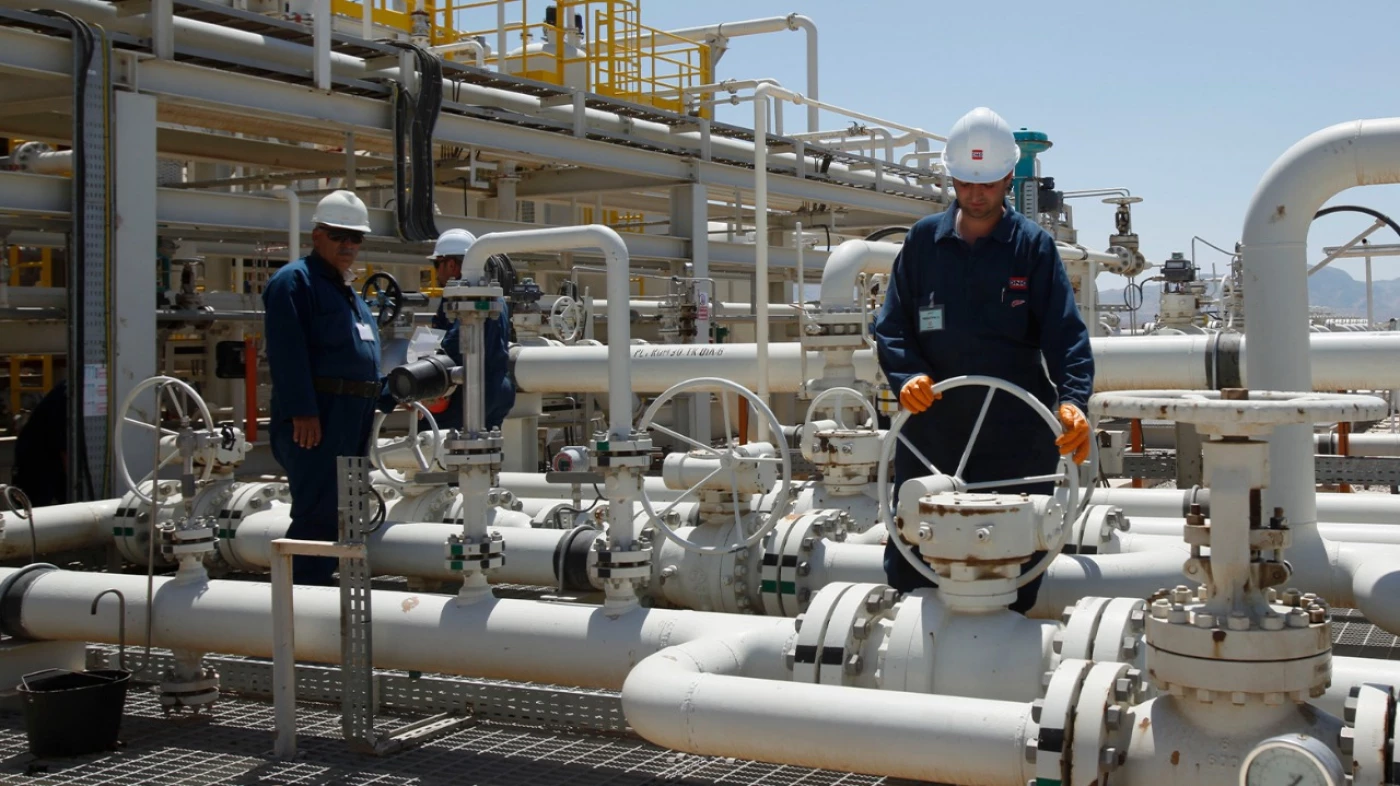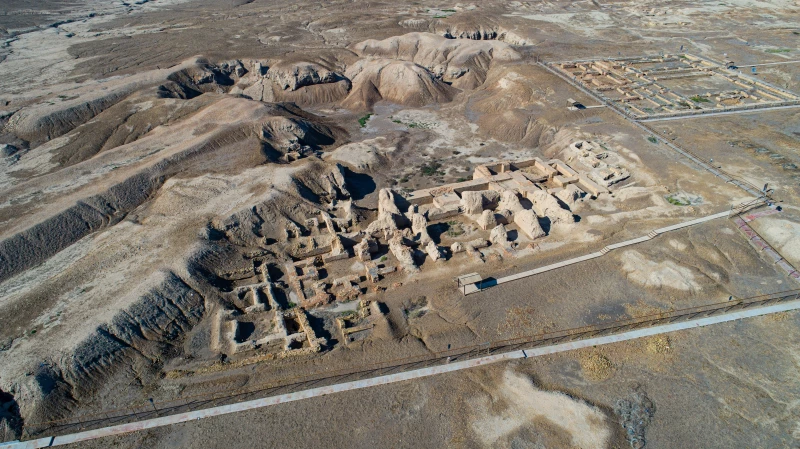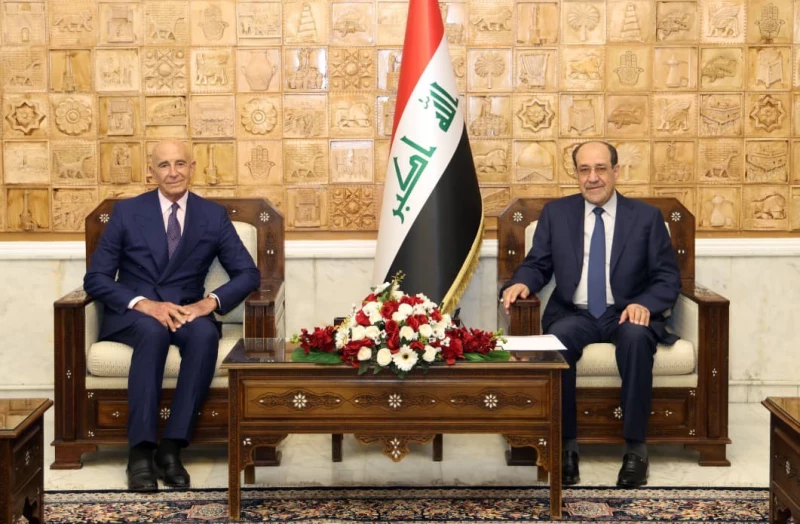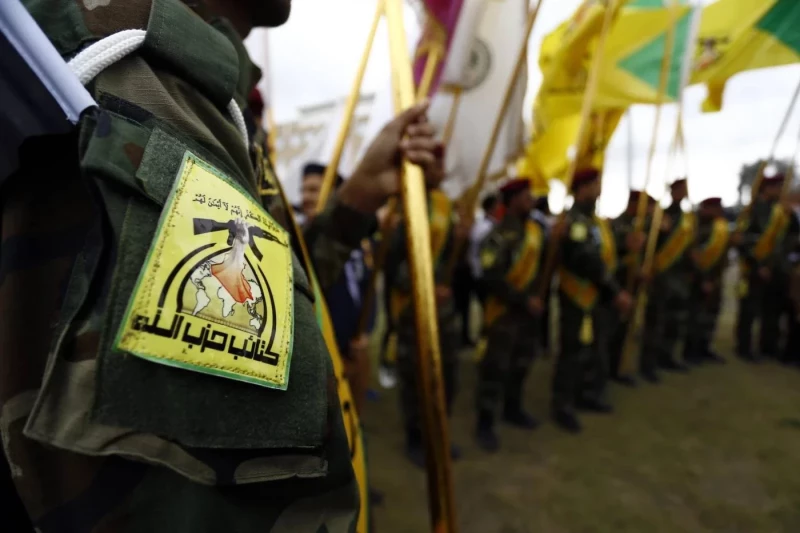ERBIL, Kurdistan Region of Iraq – The Kurdistan Regional Government’s (KRG) Ministry of Natural Resources on Thursday denied the accusations made by the Iraqi oil ministry of failing to hand over produced oil and smuggling oil out of the country, stating that the oil ministry has “blatantly and persistently” violated the country’s constitution.
In a statement on Thursday, the Iraqi oil ministry called on Erbil to “comply with the constitution, Federal Court rulings, and applicable laws,” and deliver the oil produced from its fields to the federal government, blaming the Kurdistan Region for “major financial losses.”
The Iraqi ministry also claimed they have information that oil is being smuggled from the Kurdistan Region to outside Iraq, for which they hold the KRG “fully legally responsible.”
The Kurdistan Region’s natural resources ministry responded to the allegations in a statement later on Thursday, slamming them as “a political statement that is far removed from the objective facts,” and accusing the federal oil ministry of implementing “a systematic policy of starvation” against the Region’s citizens, in reference to a recent finance ministry decision to suspend funding the Region for the rest of 2025.
The statement said that the Region has sent “more than 11 million barrels of oil” to the federal government over a period “exceeding five months,” adding that the Iraqi side has not sent the Kurdistan Region “a single dinar in exchange,” deeming it a “clear violation” of Baghdad’s financial obligations and agreements signed between the two sides.
Civil servants in the Kurdistan Region have borne the brunt of the long-standing conflict between the Iraqi government and the KRG, as economic sanctions and pressure on Erbil by federal authorities have forced employees in the Region to live from paycheck to paycheck.
The natural resources ministry went on to address the allegations of oil smuggling, calling it an attempt to “divert attention from the widespread smuggling and corruption occurring in other parts of Iraq,” citing “local and international reports that expose the extent of waste and corruption.”
In its Thursday statement, the Iraqi oil ministry also claimed that they are “forced to reduce production from the remaining oil fields outside the [Kurdistan] Region in compliance with Iraq's OPEC quota,” suggesting that the KRG has not complied with the OPEC cuts.
The KRG ministry responded by saying that the Kurdistan Region is currently producing less than half of the actual amount it is authorized to produce by the constitution “out of concern for the country's public interest.”
“Blaming the Region for the OPEC surplus is your fault, because you are selling other people's oil in the name of Iraqi oil,” the statement added.
Iraq remains OPEC’s second-largest oil producer, with daily output exceeding 3 million barrels, accounting for over 90 percent of exports and the primary source of public funding. Amid the global oil crisis, Iraq extended its voluntary production cut by 2.2 million barrels daily in line with OPEC+ directives.
The KRG also denied responsibility for the halt in the Region’s oil exports, blaming the stoppage on Iraq’s lawsuit against Turkey.
Exports of the Kurdistan Region’s oil through the Turkish Ceyhan pipeline were halted in March 2023 after Ankara lost a case against Baghdad in a Paris-based arbitration court. The case accused Ankara of breaching a 1973 agreement, inked during the reign of the previous regime, by allowing Erbil to start selling oil independently of Baghdad.
Baghdad and Erbil announced in late February that they reached an agreement to resume the Region’s oil exports to the international market, but the process has yet to restart, with international oil producers demanding payment surety, transparent implementation of Iraq’s budget law stipulations, and resolution of payments that are in arrears before resuming the work.
The halt in Kurdish oil exports has dealt a major blow to Iraq and the Kurdistan Region's economy, with well over $20 billion in lost revenue to date.



 Facebook
Facebook
 LinkedIn
LinkedIn
 Telegram
Telegram
 X
X


